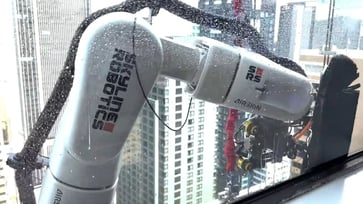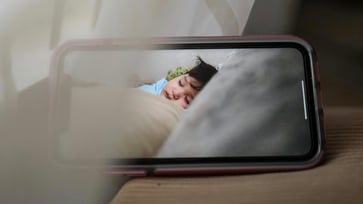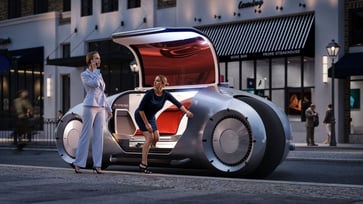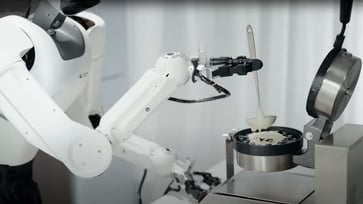Humans can teach robots to sense human touch without the need for artificial skin.
Innovative sensory technology is transforming human-robot interaction.
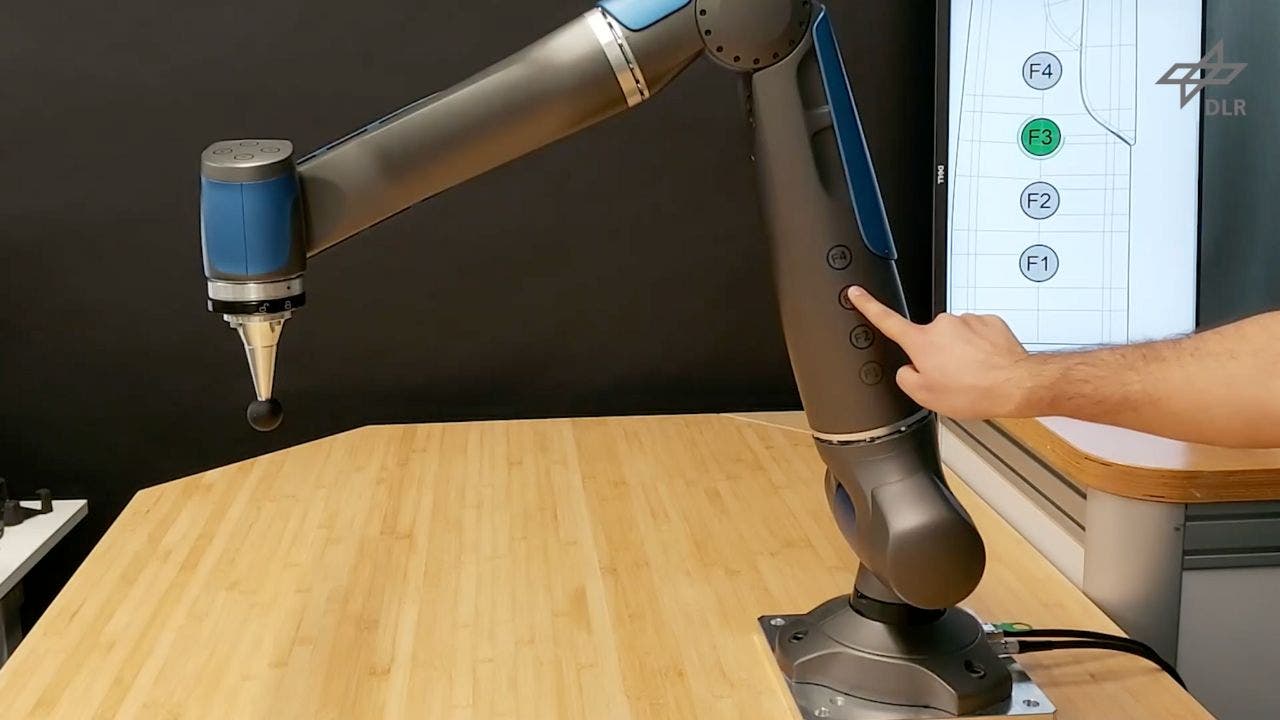
Scientists have discovered a way to give robots a sense of touch without using costly artificial skin, which could transform human-robot interactions and enhance the adaptability and usability of robots. This innovation was led by a team from the German Aerospace Centre.

The power of AI and internal sensors
By utilizing artificial intelligence, researchers were able to interpret signals from a robot's internal sensors, enabling the robot to accurately detect external force and pressure, thereby replicating the human sense of touch.
The robot's structure can be customized with virtual buttons, switches, and slider bars, providing new opportunities for human-robot interaction.

Impressive accuracy
The team's machine learning algorithms have enabled the robot to accurately detect numbers traced on its surface, opening up new possibilities for human-robot communication.

Implications for human-robot interaction
The study, titled "Intrinsic sense of touch for intuitive physical human-robot interaction," published in the journal Science Robotics, suggests that the technology will allow for more adaptable, flexible and intuitive handling of robots.
HOW TO REMOVE YOUR PRIVATE DATA FROM THE INTERNET

Kurt's key takeaways
This technology could make advanced robots more accessible and practical for a wide range of applications by eliminating the need for expensive and complex external sensors. The ability to interact with robots through touch, just as we do with other humans, could transform fields ranging from health care to manufacturing, opening up exciting new possibilities for collaboration between humans and machines.
What are your thoughts on robots being able to "feel" and interact with us more naturally? Share your opinions by contacting Cyberguy.com/Contact.
To receive my tech tips and security alerts, sign up for my free CyberGuy Report Newsletter at Cyberguy.com/Newsletter.
Let us know what stories you'd like us to cover.
Follow Kurt on his social channels:
Answers to the most asked CyberGuy questions:
New from Kurt:
Copyright 2024 CyberGuy.com. All rights reserved.
tech
You might also like
- How your online data can be used against you on TikTok
- Tesla's Cybertruck receives a military upgrade with a tactical twist.
- Apple redesigns AirPods Pro 2 as affordable hearing aids.
- The National Security Agency advises Americans to restart their phones weekly for security purposes.
- Intimidation tactics in sextortion scams are evolving with the use of Google Maps images.






